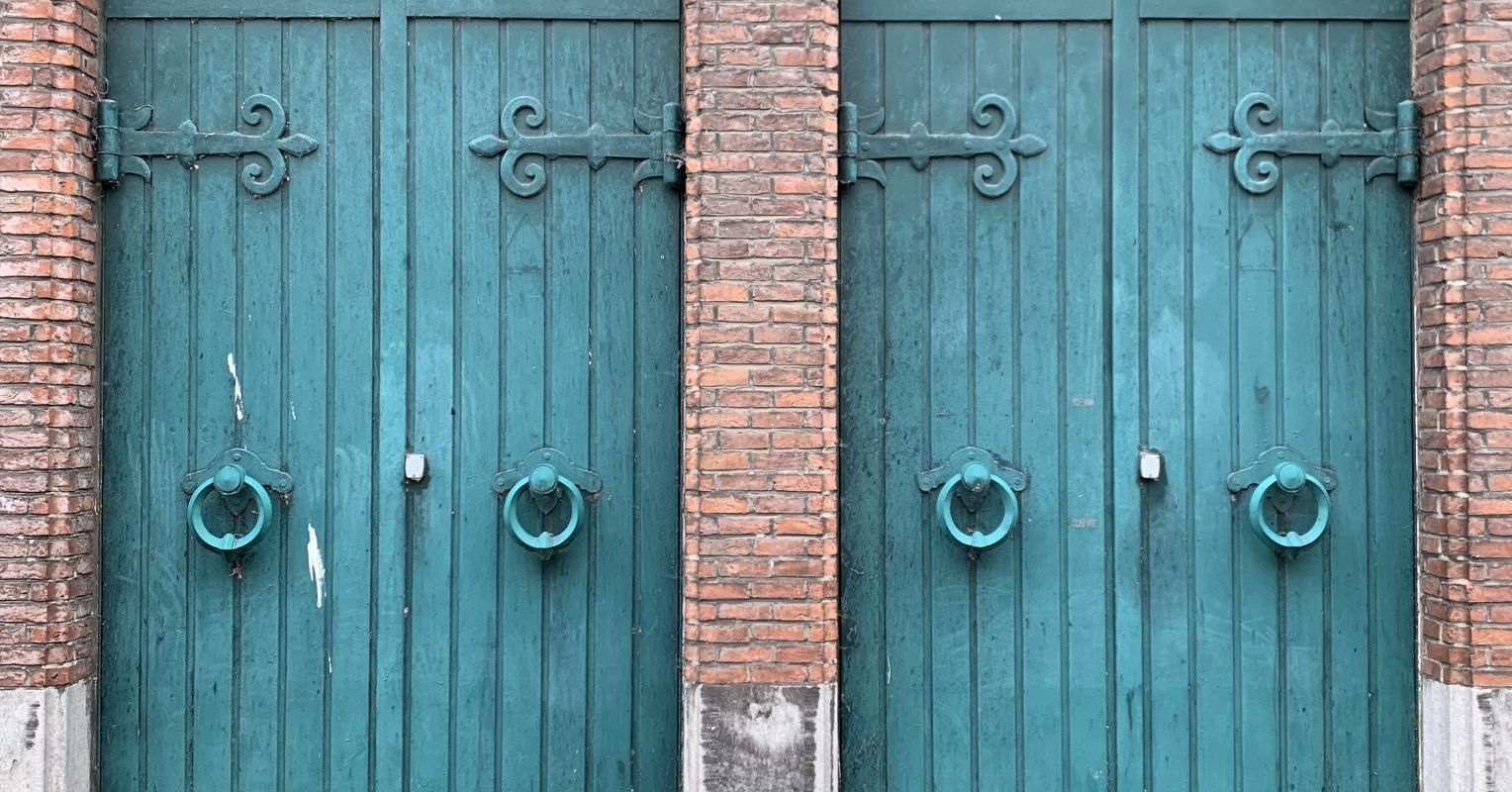I definitely think more of this is needed. Quoting part of it that I thought was quite interesting, followed by a bit of commentary...
**
A real example: How money brought two political opposites together
Before the last presidential election, I attended a personal finance conference. I spent time with a podcaster I admire—someone who sees the world the way I do when it comes to money, family, meaningful work, and the value of helping others. We were part of the same community of purpose.
When he casually mentioned he supported a presidential candidate I strongly opposed, I was stunned.
If the conversation had taken place online, I probably would have unfollowed him. If he’d been a stranger, I might have dismissed him as uninformed or malicious.
But he wasn’t a stranger. I knew him. I trusted who he was.
Instead of shutting down, we talked. Really talked.
Our conversation wasn’t tense. It wasn’t angry. It wasn’t about humiliating or converting the other person. We were curious. We tried to understand. And even though neither of us changed our mind, both of us walked away feeling respected and strangely optimistic.
There’s a name for what we created in that moment: Common ground.
Common ground doesn’t require agreement
It just requires humanity.
And yet, this type of connection is becoming rare. We’re more isolated than ever. Social media replaced social clubs. Streaming replaced community gatherings. Many of us left organized religion, long-term corporate culture, and neighborhoods where people once actually talked to each other.
Even when we want connection, we don’t know where to find it anymore.
A 2025 report from the Urban Institute put it bluntly: Americans now spend less time with other people than at any point in the last 60 years. Social connection is “in decline.”
Of course, politics feels toxic. We’re arguing with strangers, not neighbors. We are debating without relationships, without trust, without grace.
**
Source:
Bridging America’s political divide starts with purpose-driven communities that connect through shared passions to foster understanding, dialogue, and empathy.

www.psychologytoday.com
Now, here, in this forum, we may never meet a single other poster in person. However, I think that if we try to approach the problem in the same way, we could still get similar results. In other words, to try to see where we agree, not just where we disagree and to give others the benefit of the doubt instead of automatically believing that because they hold x or y believe that we don't agree with, they must automatically be someone to be looked down on or ignored.






